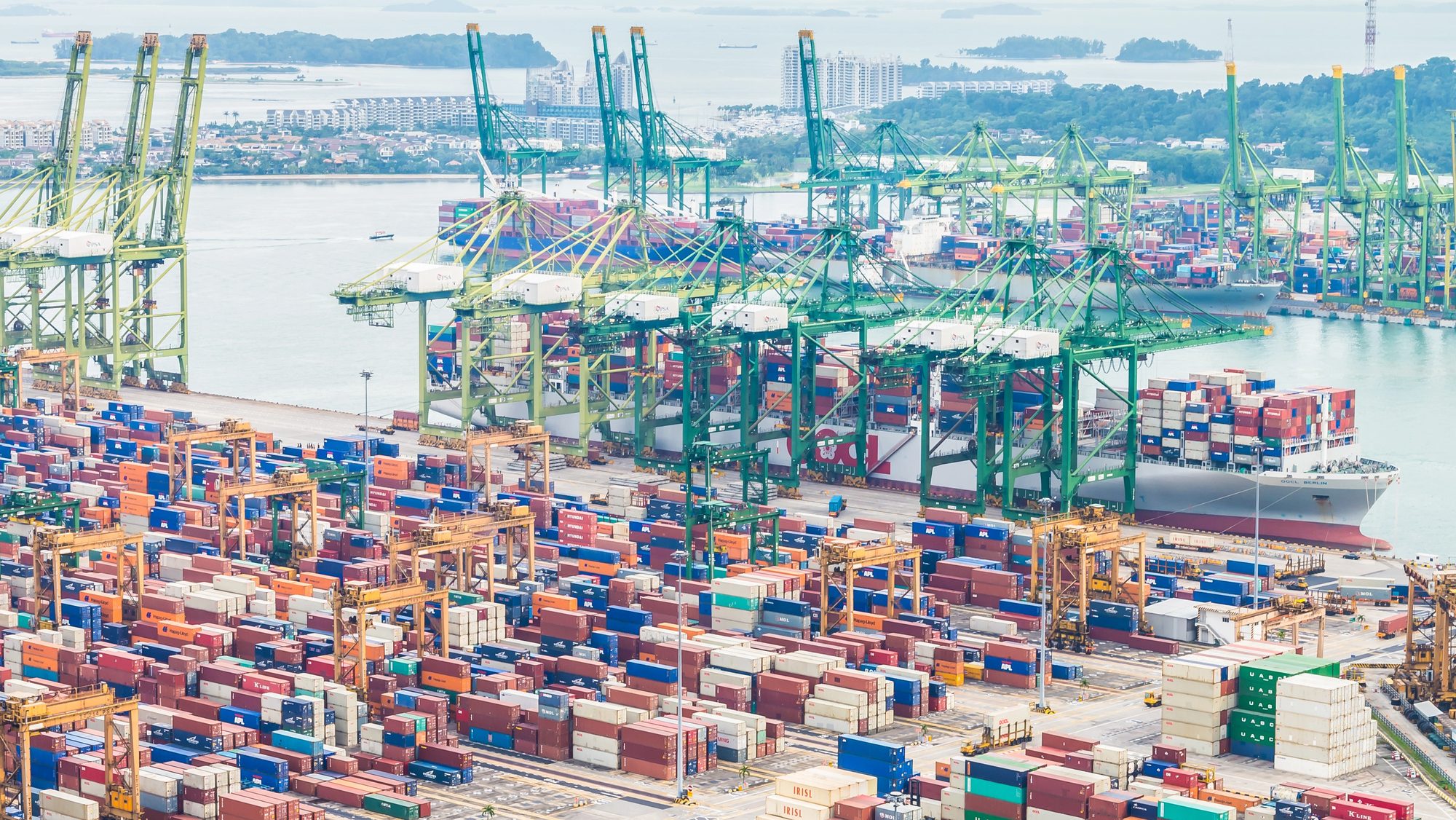SINGAPORE: Singapore is set to become the first port in the world to fully implement digital bunkering by 2025. Senior Minister of State for Transport Amy Khor made this announcement on Oct 9 during the Singapore International Bunkering Conference and Exhibition at Resorts World Sentosa.
Bunkering is the process of supplying fuel to ships. Traditionally, this involves exchanging physical documents among several parties, including bunker suppliers, ship owners, and authorities.
According to The Business Times, starting April 1, 2025, Singapore bunker suppliers will be required to use digital bunkering services and issue electronic bunker delivery notes (e-BDNs) as the standard practice.
Dr Khor noted that this change will improve efficiency and transparency, potentially saving the industry about 40,000 man-days each year. The Maritime and Port Authority of Singapore (MPA) added that the initiative represents a key milestone to strengthen the competitiveness and efficiency of bunkering in Singapore.
Digital bunkering will also streamline operations, reduce errors, boost accountability, and improve compliance. In addition, it will help detect fraud more easily.
To support this digital change, the MPA will create a centralised verification facility for e-BDNs. This will allow stakeholders to verify e-BDNs against information sent to the authority.
Singapore started a digital bunkering scheme in November 2023 after its first pilot e-BDN transaction in 2021, but it has only now become mandatory.
Singapore is already the top bunkering port globally, with a record 51.8 million tonnes in bunker sales in 2023. In the first eight months of 2024, sales surpassed 36 million tonnes, a 7 per cent increase compared to the same period last year.
This was one of several announcements for the maritime industry on Thursday. Other updates included the launch of artificial intelligence (AI) applications, a regulatory change to help companies cut costs, and news on adopting cleaner fuels and technologies.
From Jan 1, 2025, the MPA will introduce two artificial intelligence (AI) applications designed to speed up the renewal of ship certificates for Singapore-registered vessels.
The first application, DocuMind, will read information from various document formats, while the second, DocuMatch, will verify data against internal databases and recommend approvals. These applications are expected to reduce certificate processing times to just a few minutes, down from a maximum of three days.
To help cut costs for the industry, the MPA will also change the verification requirements for mass flow metres, which measure liquid volumes during bunkering.
From April 2025, these metres will only need to be checked once a year instead of twice. This adjustment is expected to save the industry around S$300,000 annually and follows updated standards from the authority.
In addition to digital bunkering and AI applications, the MPA shared news about its efforts to promote cleaner fuels.
In July, two consortiums were selected to propose an ammonia bunkering project on Jurong Island. This comes alongside three previously selected proposals from Itochu, Nippon Yusen Kabushiki Kaisha, and Sumitomo. Now, two additional proposals from Mitsui & Co and Fortescue-Equatorial Marine Fuels have also been accepted.
The selected developer will be announced in the first quarter of 2025. The project aims to create a power plant that will generate 55 to 65 megawatts of electricity from low or zero-carbon ammonia, as well as establish ammonia bunkering facilities with a capacity of at least 100,000 tonnes per year.
The MPA is also committing an extra S$50 million to the Maritime Singapore Green Initiative (MSGI), which has been extended to 2030.
The MSGI promotes the use of cleaner, lower-emission technologies through initiatives like discounts for greener vessels, funding for decarbonisation projects at the Port of Singapore, and supporting the development and commercialisation of new technologies. Launched in 2011, the initiative received a five-year extension to run until the end of 2024. /TISG
Read also: Prolonged congestion at Singapore’s port to continue through June due to 3 factors
Featured image by Depositphotos

